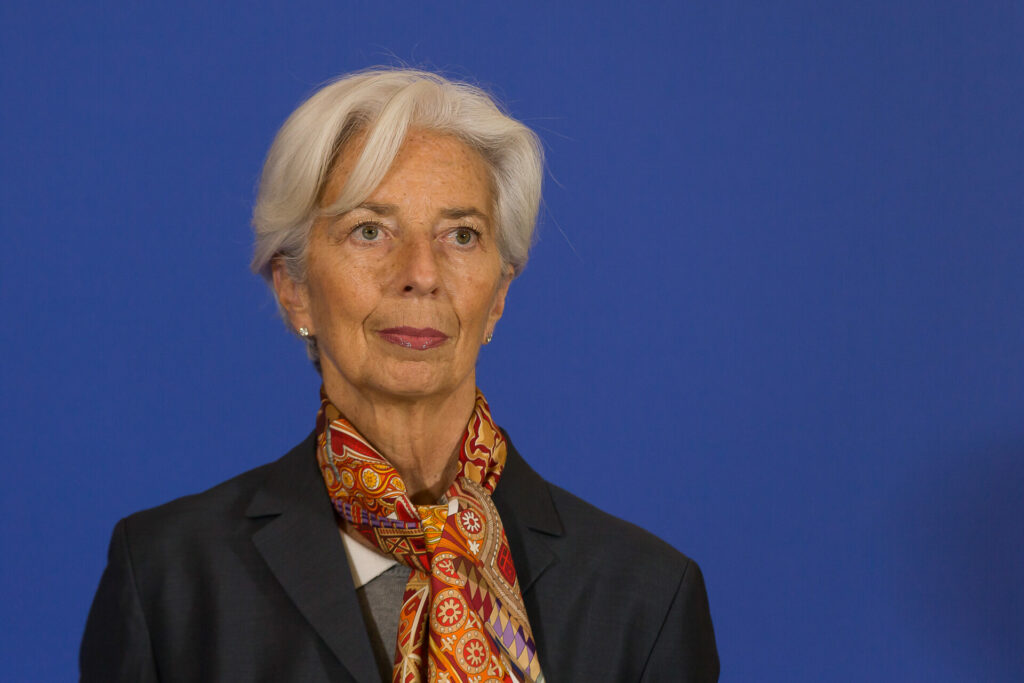The European Central Bank (ECB)'s Governing Council has confirmed that it will be raising the three key interest rates by 75 basis points. It had already raised these rates in September.
This decision, made during its monetary policy meeting on Thursday, comes in light of eurozone inflation reaching 9.9% in September, driven by soaring energy and food prices, supply bottlenecks and the post-pandemic recovery in demand. It aims to bring down the persistent upward shift in inflation expectations.
"Inflation remains far too high and will stay above the target for an extended period," a statement read.
Thursday's decision will enter into effect on 2 November 2022. The interest rate on the main refinancing operations will rise to 2%, the interest rates on the marginal lending facility will increase to 2.25%, and the deposit facility to 1.50%.
Will the changes help?
As predicted by economic experts, further increases will follow in the next meeting in December. This will ensure the timely return of inflation to its 2% medium-term inflation target. But the ECB did not commit itself to specific increases, with future developments being taken according to economic developments.
Despite the ECB's determination to continue to increase rates as long as necessary, some are sceptical of this approach, IESEG School of Management's economist Eric Dor explained.
"This could worsen the recession as people are already suffering from severe losses in purchasing power and companies are facing price increases that they can't fully pass on to consumers, hitting their profitability."
Measures affecting banks
Additionally, the ECB decided to change the terms and conditions of its targeted longer-term refinancing operations (TLTROs) from 23 November 2022.
This is a tool that provides European banks with attractive borrowing conditions, designed to incentivise lending to the real economy, which during the pandemic played a key role in countering downside risks to price stability. But in light of the "unexpected and extraordinary rise in inflation" the tool needs to be "recalibrated in line with the broader monetary policy normalisation process."
Related News
- Commission to make instant payments available at no extra cost
- 'Room for higher wages', says Federal Employment Minister
Finally, the ECB’s deposit facility rate will be aligned with the minimum reserves held by credit institutions. This will significantly raise the cost of lending for banks.

